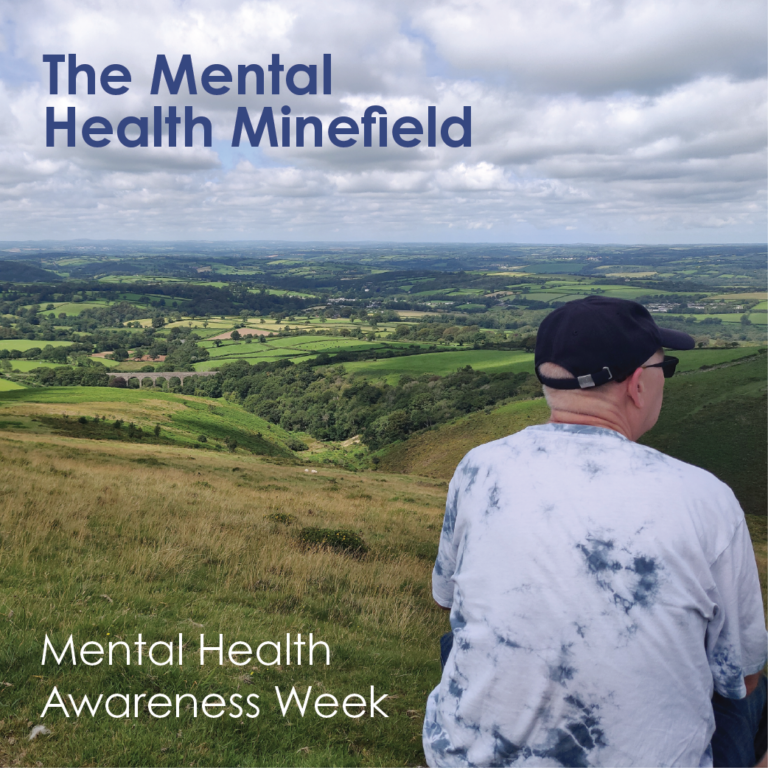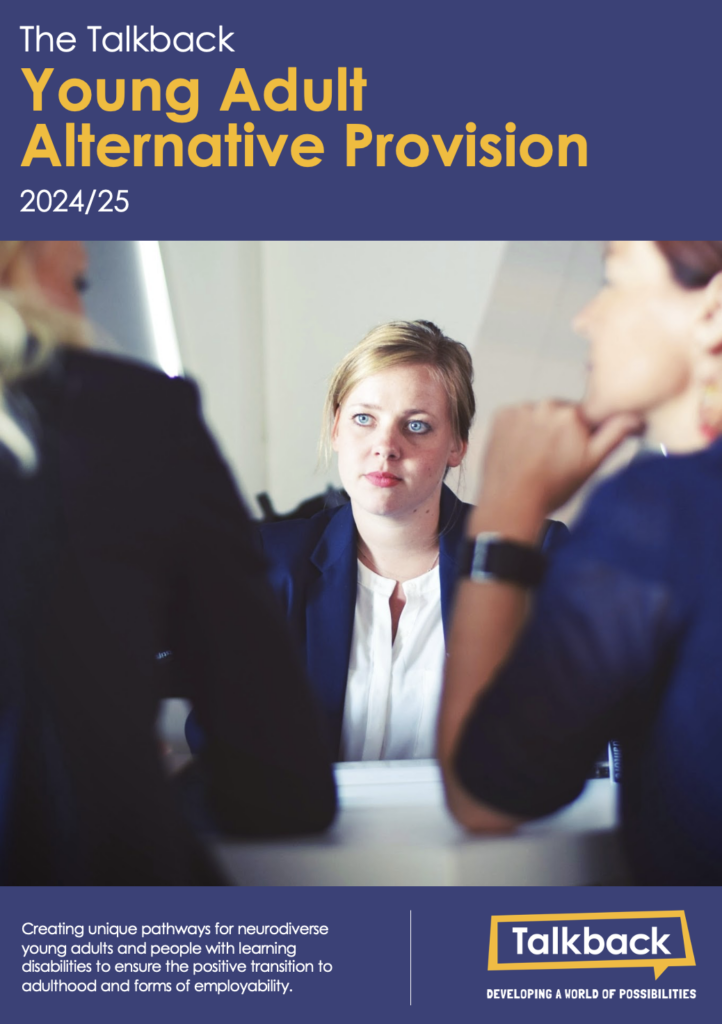Where to start when the CEO asks you to write an article on Mental Health? There are plenty of definitions on Google from any number of reputable organisations, but this one caught the eye:
‘While mental health refers to anyone’s state of mental, emotional well-being; mental illnesses are diagnosed conditions that affect thoughts and behaviours. Though anyone can have moments of poor mental health, not everyone has a mental illness.’ (Taylor Counselling Group, Texas).
One thing for certain is that we all have mental health, although that’s not always been recognised. There’s no doubt that our mental health affects our ability to function on a day-to-day basis. It can affect relationships and our physical health too.
It still induces an emotional reaction when I recall my own major episode. My father had just passed away and we had six-month-old twins. I was surviving on three or four hours of sleep every night, whilst managing a department of 26 staff going through redundancies. Any one of these events would have been stressful enough. But together, they formed a cocktail that would have pushed most people over the edge. Diagnosis wasn’t necessary – I was fully aware of the causes and effects. Someone to talk to would have been good, but the tablets helped!
With time and understanding the grief wanes. The kids grow and sleep better, the redundancy happens and, eventually, you move on. Until one or two of life’s little surprises come along to trip you up again! These are part of the natural cycles that we all go through. But that doesn’t make them any less devastating when they occur.
Contrast this with Talkback CEO Jay’s diagnosis of a mental illness, Jay said:
“I have always been a highly-driven high-performance person. By the age of 35, was Managing Director of a major corporate business with 800 staff. But nothing ever was good enough and I was emotionally detached from everyone, operating without much sleep and at extremes. It took till I was 60 to get a proper diagnosis and to be told I had a highly-complex mixed-personality disorder. It means I could never switch off. I had two periods where I would have had a breakdown if I’d known how to stop and let it happen. Instead, I worked through crisis after crisis in my life.
“With a therapist’s help every two weeks, I have managed to balance my life more and gradually start to realise that it’s okay to just be the person I am. My condition is perfect for a business leader, but a nightmare for my family and friends to cope with over the years. It’s like being an addict and I have to manage myself through every day. And life is good, and I love my role as much as ever, but getting the diagnosis and help was a major turning point. As a typical bloke who says, ‘it’s all ok’ as his normal answer, being able to talk about it has been the start.”
Then you have the stories of the people that Talkback work with. Lack of access to mental health services for people with autism as documented in our blog: The dual for diagnosis | Mental Health and Autism | Talkback (talkback-uk.com)
The National Autistic Society say – ‘Autism is not a mental health problem but autistic people can have good and bad mental health like anyone else.’
Nicola shares her perspective, she said:
“As an autistic person, I suffer from many sensory sensitivities which affect my everyday life. The main one is noise. After many years of struggling with noise as a child, it was not until I left school that I had two lots of counselling for a phobia of loud noises.
“When the counselling failed to solve the problem, I was sent to the audiologist to test my hearing. My hearing range was normal. After doing the test to check for sensitivity there was no doubting that my ears were sensitive to noise and loud noises were causing pain in my ear.
“As people cannot see my sensory sensitivities, they do not see the mental and physical struggles I go through every day. Like Tony mentioned, one thing would probably be manageable; but when it is multiple things, it creates a vicious circle you can’t get out of. Then it becomes a problem.
“My sensory sensitivities cause me fear, pain, anxiety, stress, discomfort, and fatigue. Even when I am resting, I’m not completely relaxed, because my mind knows it’s not if, but when the next sensory trigger will come along.”
No one is immune to mental health issues and we all have our own triggers. But it doesn’t have to affect your career. Nicola is soon to publish her second novel and has won the Learning Disability and Autism Leader Award 2021. And Jay, well he’s just a CEO.
Wherever we are with our mental health, the positive news is that people are talking about it more these days. And, despite the risk of being labelled a snowflake by the likes of Piers Morgan. Celebrities and sports stars are raising the profile too. It’s the first step – the honesty to recognise that you have a problem and to ask for help to deal with it.
There’s no shame in reaching out when you find it hard to cope. Whether that be to friends, family, work colleagues, or seeking professional help; we don’t have to go through it alone.







